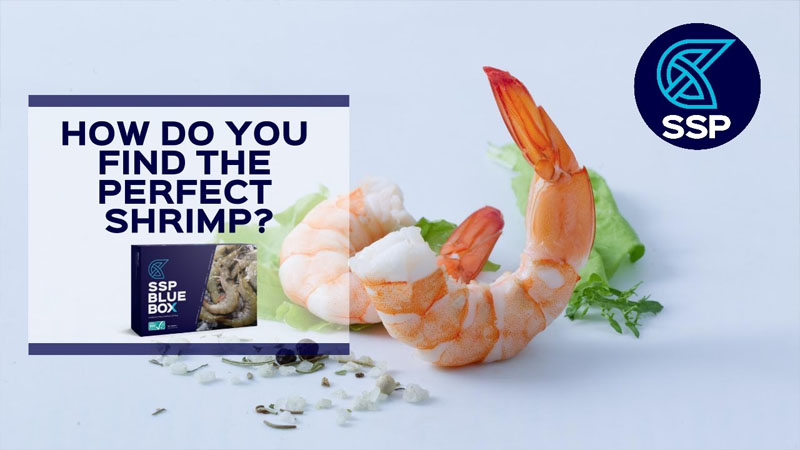Exclusive content

The Sustainable Shrimp Partnership (SSP) and the Ecuadorian National Chamber of Aquaculture (CNA) have jointly launched a pioneering educational initiative aimed at transforming Ecuador’s shrimp farming industry. The program, named SustainED, is designed to promote sustainable practices and align the sector with the growing global demand for responsibly sourced seafood. By integrating workshops, training sessions, social media campaigns, and field activities, the program aims to make sustainability the cornerstone of the industry’s future development.
An Industry in Transition
SustainED seeks to address the challenges and risks associated with applying sustainability principles to aquaculture. Its goal is to transform shrimp producers into more environmentally responsible players while educating consumers on the benefits of sustainably farmed shrimp. Pamela Nath, Director of SSP, emphasized that education is critical to raising awareness within the industry, stating, “SustainED aims to transform producers into more responsible and environmentally conscious actors, while educating consumers on the benefits of the products they are buying.”
Educating for Change
The program kicked off with a workshop in Guayaquil, focusing on the use of metabisulfite in shrimp farming—a chemical widely used to prevent melanosis, or black spots, on shrimp. The session, which drew more than 120 industry professionals, covered regulatory issues, best practices, and analytical technologies.
Christian Jiménez Figueroa, a business advisor for BASF and a speaker at the event, emphasized the importance of quality: “It is important for stakeholders to demand quality from their suppliers or look for suppliers with certifications that guarantee this quality.”
A Lifelong Learning Initiative
Although in its early stages, SustainED is envisioned as more than just a short-term effort. SSP and CNA intend for it to become a lifelong learning model, continually evolving to meet the demands of the global market.
José Antonio Camposano, President of CNA, highlighted the dynamic nature of sustainability, noting that the shrimp industry must be able to adapt quickly to changing global expectations. “With SustainED, SSP and CNA have established a lifelong learning model that connects the industry with experts from different fields,” he explained. This flexible approach ensures that the program remains relevant and effective as new challenges and opportunities arise.